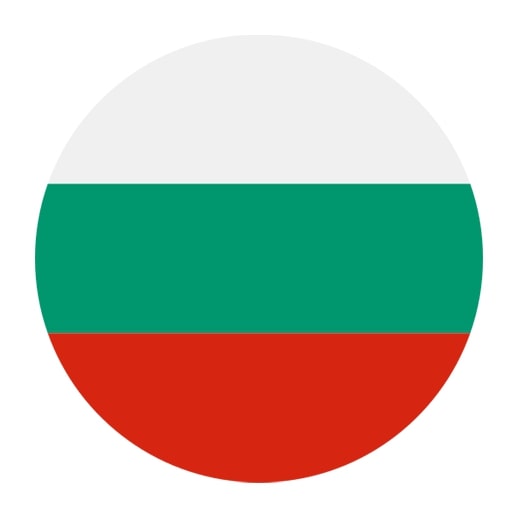Bulgarian Grammar Exercises
Want to improve your Bulgarian language skills? Practicing grammar exercises is an excellent way to master sentence structure, verb forms, and the unique patterns of the Bulgarian language. Start working on Bulgarian grammar today and watch your confidence and fluency grow with every exercise!
Get started
The most efficient way to learn a language
Try Talkpal for freeBulgarian Grammar Topics
Bulgarian is a South Slavic language spoken primarily in Bulgaria and by Bulgarian communities in neighboring countries. As the official language of Bulgaria, it plays a vital role in the country’s culture, history, and daily life. Learning Bulgarian can be a rewarding experience, as it allows you to explore the rich literature, beautiful landscapes, and tasty cuisine of the country. To master Bulgarian, it is essential to understand its grammar, which has its unique features and structures. In this guide, we will explore crucial Bulgarian grammar topics that you should learn in sequence to achieve a solid foundation in the language.
1. Nouns:
Bulgarian nouns have gender (masculine, feminine, and neuter), which is important to know as it affects the form of other words in a sentence, such as adjectives and articles. They also have singular and plural forms, but unlike English, there are no cases.
2. Articles:
In Bulgarian, articles are attached to the end of the noun they modify. There are definite and indefinite articles, and they change according to the gender and number of the noun.
3. Pronouns/Determiners:
Bulgarian has personal, possessive, demonstrative, interrogative, and relative pronouns. They agree in gender and number with the noun they replace or modify. Determiners are used to specify or quantify nouns.
4. Adjectives:
Adjectives in Bulgarian agree in gender, number, and definiteness with the noun they modify. They have three degrees of comparison – positive, comparative, and superlative.
5. Adverbs:
Adverbs modify verbs, adjectives, or other adverbs. They don’t change in form and are essential for expressing time, place, manner, and degree.
6. Verbs:
Bulgarian verbs have three main conjugations and are inflected for person, number, tense, mood, and voice. Learning the correct conjugation and understanding the different verb aspects is crucial for proper communication.
7. Tenses:
Bulgarian has three main tenses – past, present, and future. Learning how to form and use these tenses is essential for understanding and expressing time in Bulgarian.
8. Tense Comparison:
Being able to compare different tenses is important for understanding complex sentences and expressing various time relationships in Bulgarian.
9. Progressive:
The progressive aspect in Bulgarian is used to describe ongoing actions. It can be formed with auxiliary verbs and the present participle of the main verb.
10. Perfect Progressive:
The perfect progressive aspect combines the perfect and progressive aspects to express actions that started in the past, continue in the present, and may continue in the future.
11. Conditionals:
Bulgarian has three types of conditionals – real, unreal, and potential. They are used to express hypothetical or contrary-to-fact situations, as well as to make predictions or give advice.
12. Prepositions:
Prepositions are essential for expressing relationships between words in a sentence. They are used to indicate location, time, direction, cause, and other relationships.
13. Sentences:
Learning how to form simple and complex sentences in Bulgarian is crucial for effective communication. This includes understanding the correct word order, subject-verb agreement, and the use of conjunctions and other sentence structures.








